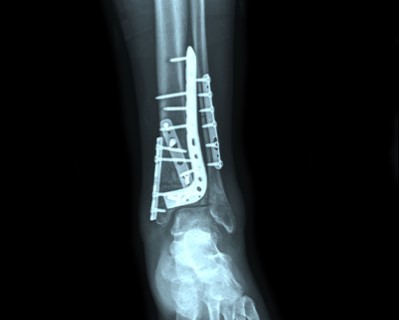Fracture Repair
- Purpose: Fixes broken bones to restore their normal alignment and function.
- Procedure: Techniques include internal fixation (plates, screws, rods) or external fixation (external frames).
-
Note: The information provided here applies to standard Fracture Repair procedures under typical conditions. However, specifics may vary based on individual factors, such as the type and location of the fracture, the patient’s overall health, and any complications that might arise during or after the procedure. The complexity of the injury and the patient’s unique circumstances will also influence the recovery process.
Inpatient/Outpatient
Fracture repair can be performed as either an inpatient or outpatient procedure, depending on the severity of the fracture and the method of repair.Hospital Stay Duration
For minor fractures, patients are usually discharged the same day. More complex fractures may require a hospital stay of 1 to 3 days for monitoring and initial recovery.Type of Anesthesia
Fracture repair is typically performed under general anesthesia, especially for complex fractures. Local or regional anesthesia may be used for less severe injuries.Travel After Procedure
Patients are advised to avoid long-distance travel for at least 1 to 2 weeks after the procedure to allow for initial healing and to monitor for any complications.Pre-procedure Preparation
Preparation includes fasting before surgery, adjusting medications, and undergoing pre-operative tests such as blood work or imaging. Patients should also plan for any necessary support at home post-surgery.Procedure Duration
The duration of the procedure varies depending on the type of fracture but typically lasts between 1 to 3 hours. The surgeon realigns the broken bone and stabilizes it using plates, screws, rods, or pins.Recovery Time
Recovery time can vary widely depending on the severity of the fracture and the method of repair. Patients may need several weeks to several months to fully recover, with physical therapy often necessary to restore strength and mobility.Estimated Cost
The cost of fracture repair can vary based on the complexity of the fracture, the surgeon's expertise, and geographic location. For precise cost details, patients should consult their healthcare provider or hospital.Post-procedure Care
Post-operative care involves managing pain, preventing infection, and ensuring the bone heals correctly. Follow-up appointments are essential to monitor healing progress and to remove any external hardware, if necessary. Patients should report any signs of complications, such as increased pain, swelling, or issues with the cast or surgical site, to their healthcare provider immediately.

